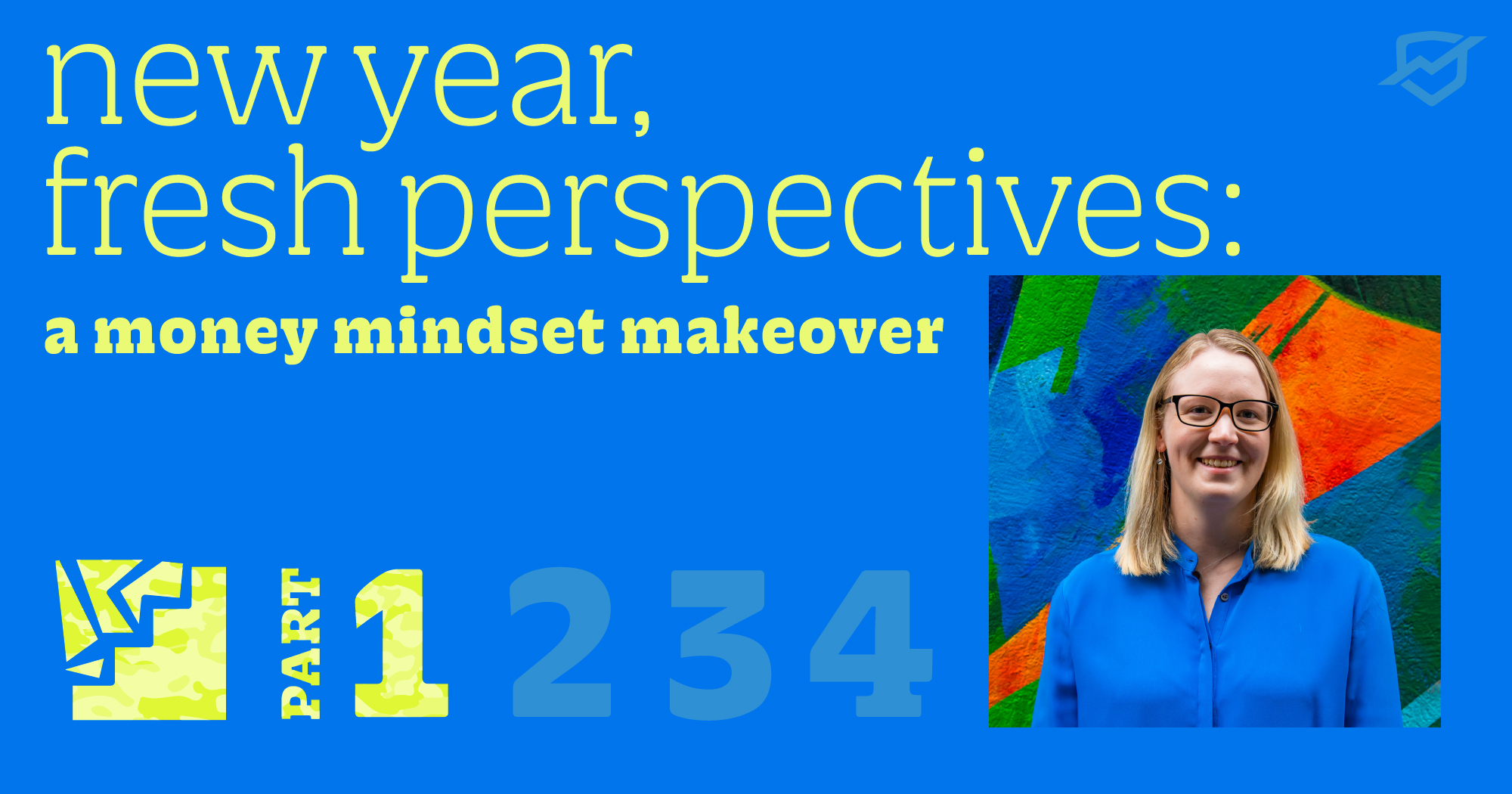
You’re scrolling through Netflix, trying to figure out what show to watch. You’ve got some good recommendations to try, you can see what other viewers are enjoying and you can even watch some trailers, but an hour can disappear while you’re trying to decide what to watch.
This is analysis paralysis.
While it’s annoying when you’re trying to have a movie night, analysis paralysis can be harmful to your wealth-building journey.
We have so many options these days, from bank accounts to investment opportunities, it can feel impossible to make a fully informed decision — even if we’ve read all the reviews, compared the fees, and analyzed the advantages and disadvantages.
In fact, psychologist Barry Schwartz argues that a “greater variety of choices actually makes us feel worse”. Then, if we do make a decision, we worry about whether we made the right choice. Schwartz calls these “decision ghosts”. So given all the choices we have now, the natural desire to make the ‘right’ decision, and the resulting drive to research, research, research, how do we combat analysis paralysis?
Analysis paralysis is a decision-making problem at its core, so let’s tackle it that way. Choosing a brokerage account, which you’ll need to buy shares and ETFs, is a common challenge that people in my community experience analysis paralysis with.
Remember, not making a decision is still a decision. If you’re struggling with analysis paralysis, it’s also good to remind yourself that perfect doesn’t exist in finance. Our lives are full of change, and searching for perfection can stop us from taking action. So, throw the word ‘perfect’ away and instead learn just enough to take your first small step.
My challenge to you is to find one tiny action you can take today on a task you’ve been stuck in analysis paralysis mode with for a while.

Kate Campbell is the host of the Australian Finance Podcast and the author of Buying Happiness: Learn to invest your time and money better, available online through Amazon and Booktopia.